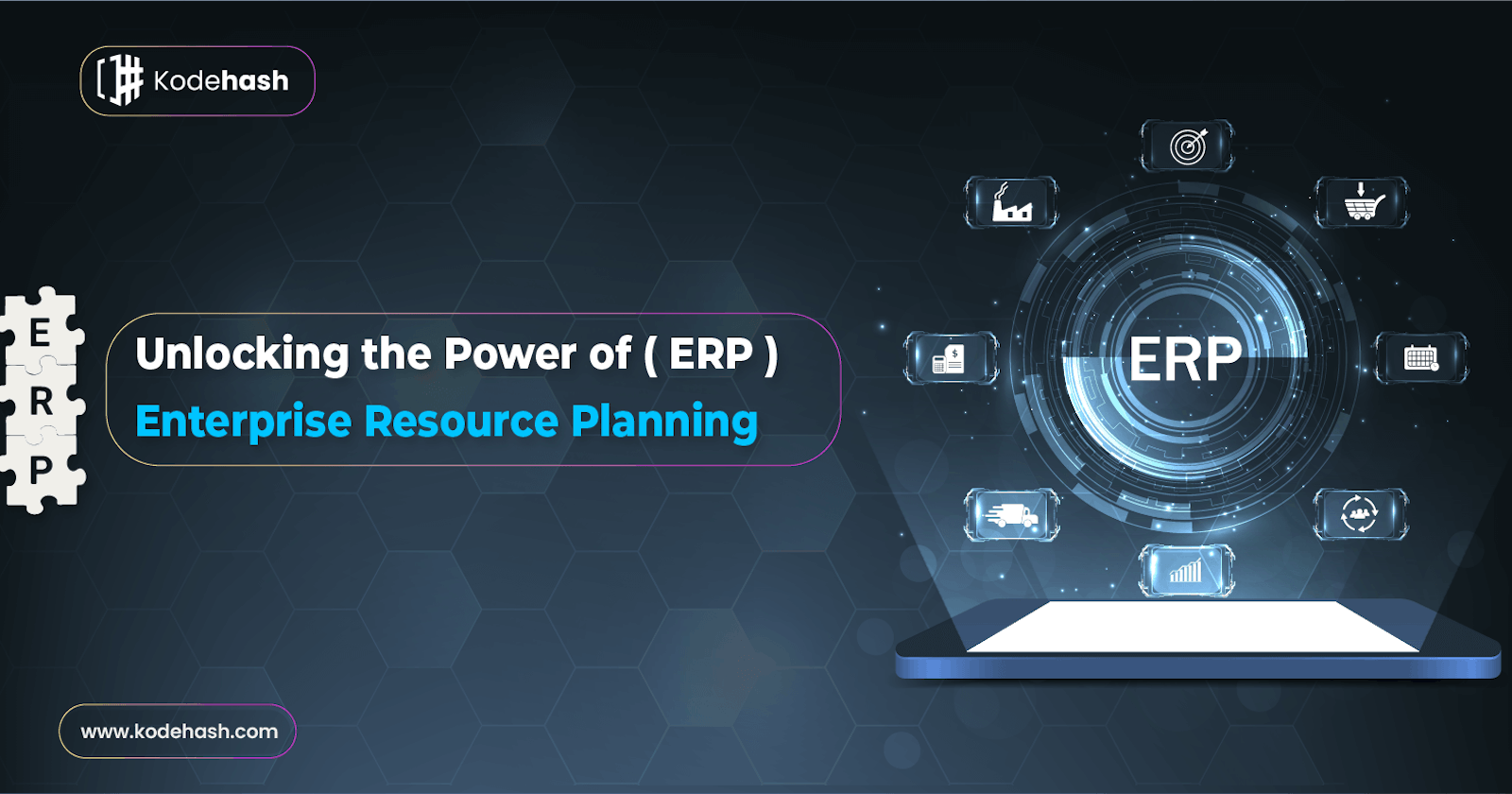Unifying Your Business for Growth
Imagine a business where information flows freely between departments, tasks are streamlined, and data is readily available for informed decision-making. This is the power of Enterprise Resource Planning (ERP) – a software solution designed to revolutionize how businesses operate. By integrating core functions and fostering a centralized information hub, ERP empowers organizations to navigate the complexities of modern business with greater efficiency and agility.
Breaking Down the Silos: A Unified Approach to Business Operations
Traditional businesses often operate in silos, with departments working independently and utilizing disparate software systems. This fragmented approach leads to data inconsistencies, communication gaps, and inefficiencies. ERP bridges this divide by creating a single platform that seamlessly integrates core business functions. These functions typically include:
Finance: Streamlining accounts payable/receivable, general ledger, and budgeting processes, providing real-time financial health insights.
Supply Chain Management: Offering complete visibility into the supply chain, encompassing procurement, logistics, and warehouse management for optimized inventory control.
Manufacturing: Facilitating efficient production planning, material resource allocation, and inventory management.
Human Resources: Simplifying HR functions like payroll, recruitment, and performance management, empowering a more engaged workforce.
Customer Relationship Management (CRM): Managing customer interactions, sales opportunities, and service requests, leading to improved customer satisfaction.
Unlocking the Potential: The Benefits of Implementing ERP
The benefits of implementing an ERP system extend far beyond simply unifying data. Businesses experience a tangible transformation that translates into significant competitive advantages:
Enhanced Operational Efficiency: Streamlined workflows, automated tasks, and centralized data significantly reduce operational costs while boosting overall efficiency.
Data-Driven Decision Making: Real-time access to consolidated data empowers informed decision making across all levels of the organization.
Improved Visibility and Control: ERP provides a holistic view of the entire business, enabling better control over resources, inventory, and production processes.
Enhanced Collaboration: A unified platform fosters seamless communication and collaboration between departments, improving teamwork and fostering a culture of shared goals.
Improved Customer Service: Streamlined CRM functionalities enhance customer service by providing a 360-degree view of customer interactions, leading to faster resolution times and increased satisfaction.
Increased Scalability: ERP systems are designed to accommodate growth. Businesses can scale their operations with minimal disruption by leveraging the system's inherent scalability.
Beyond Implementation: Considerations for a Successful ERP Journey
While the benefits are compelling, successful ERP implementation requires careful planning and execution. Here are key considerations to navigate the journey seamlessly:
Understanding Your Needs: Clearly define your unique business needs and pain points. Choose an ERP system that effectively addresses these challenges and aligns with your long-term growth strategy.
Data Migration Strategy: Develop a comprehensive plan for migrating existing data to the new system. This ensures accurate information flow and minimizes disruption to ongoing operations.
Change Management: Implementing an ERP system often necessitates process changes. A well-defined change management plan that addresses concerns, provides training, and fosters user adoption is crucial for successful integration.
Customization vs. Out-of-the-Box Solution: ERP systems offer varying levels of customization. Evaluate the need for customization to optimize the system for your specific business needs, while considering the cost-benefit trade-off.
Integration with Existing Systems: Ensure compatibility and seamless integration with existing software applications to avoid data silos and maintain a unified information flow.
The Evolving Landscape: Embracing the Future of ERP
The world of ERP is continuously evolving, with innovative trends shaping the future of enterprise resource management. Here are some key areas of development to watch:
Cloud-Based ERP: Cloud-based solutions offer increased flexibility, scalability, and lower upfront costs, making them a viable option for businesses of all sizes.
Leveraging AI and Machine Learning: Integrating AI and machine learning into ERP systems can automate routine tasks, predict demand fluctuations, and provide real-time insights for proactive decision-making.
The Power of IoT Integration: Integrating the Internet of Things (IoT) with ERP allows real-time data collection from connected devices, offering valuable insights into operational performance and enabling predictive maintenance capabilities.
Industry-Specific Solutions: The emergence of industry-specific ERP solutions caters to the unique needs of different sectors, offering a more tailored and efficient experience.
Conclusion: ERP - A Catalyst for Sustainable Growth
In today's dynamic business environment, efficiency and agility are essential for success. ERP empowers businesses to achieve these goals by unifying information, streamlining operations, and fostering data-driven decision-making. By understanding the power of ERP, its benefits, and the considerations for successful implementation, organizations can unlock their full potential and embark on a path of sustainable growth. As technology continues to evolve, the future of ERP promises even greater levels of integration, automation,
